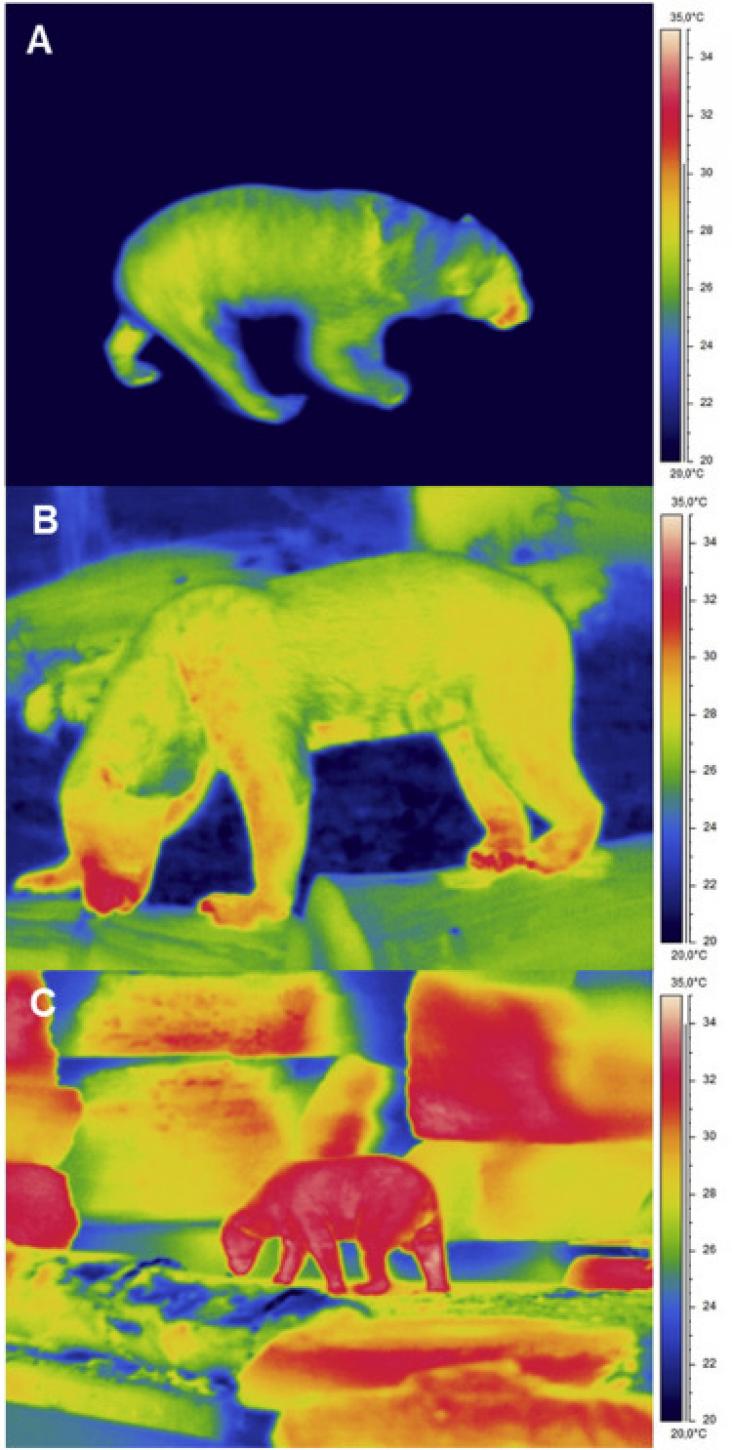The new 2030 sustainable development agenda is likely to dominate policy and academic debates at both national and international levels over next 15 years and beyond.
This book chapter advances SDGs 6, 14 and 15 by examining how sustainable materials for environmental remediation are useful tools for helping address goals relating to ecosystem health and pollution control.
Humans, through agricultural fertilizer application, inject more reactive nitrogen (Nr) to terrestrial ecosystems than do natural sources.
Elsevier,
Reference Module in Earth Systems and Environmental Systems, Encyclopedia of the World's Biomes, 2020
This book chapter addresses SDGs 15, 12, and 11 by discussing the conservation of terrestrial, freshwater, and coastal/marine ecosystems, and how to identify global percent protection goals.
Elsevier,
Reference Module in Earth Systems and Environmental Systems, Encyclopedia of the World`s Biomes, 2020
This book chapter addresses goals 15, 13 and 11 by discussing how deserts are biodiverse places where life thrives in the extreme.
This book chapter advances SDGs 15 and 11 by looking at how island biogeography arose in the past and how it is now changing in the Anthropocene. Biogeography is determined by three processes: immigration, evolution, and extinction and in the Anthropocene, human impacts are increasingly more important to island biogeography.
The destruction of natural habitats is causing loss of biodiversity and ecosystem services.

